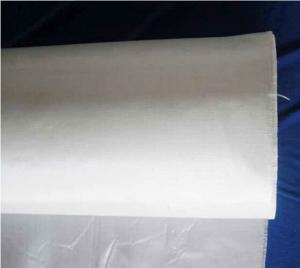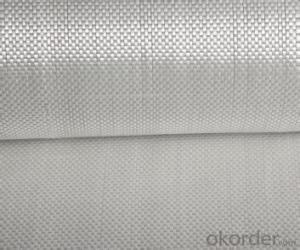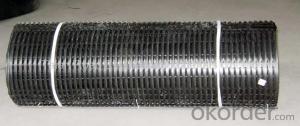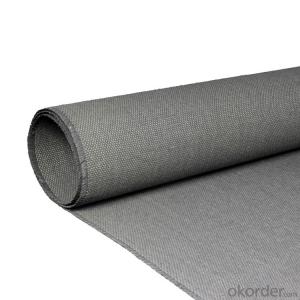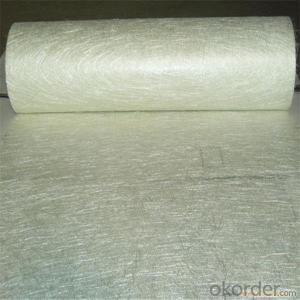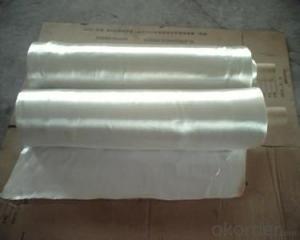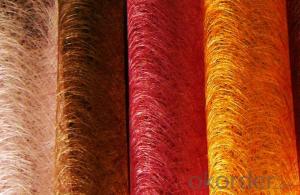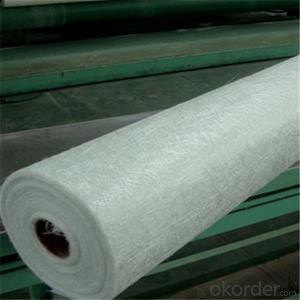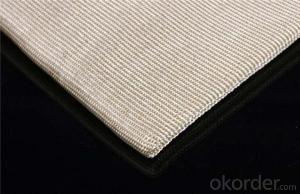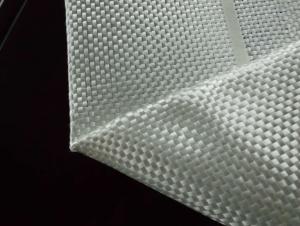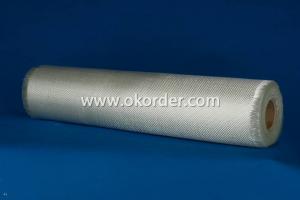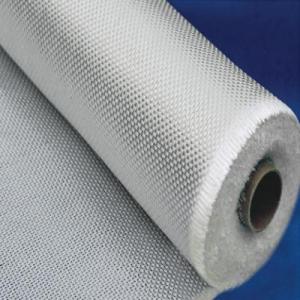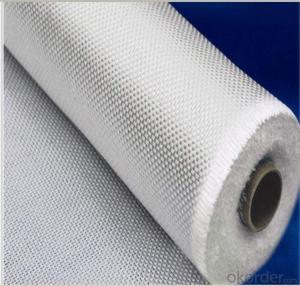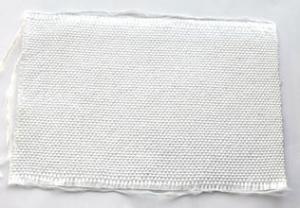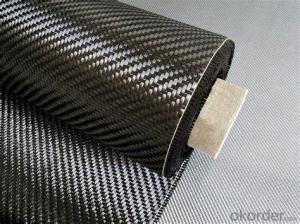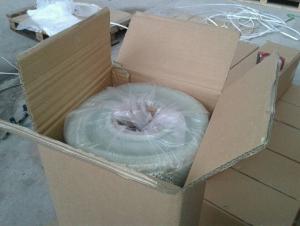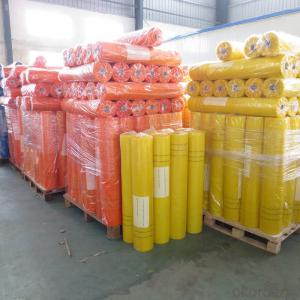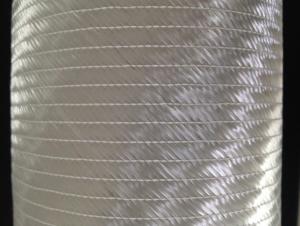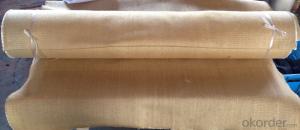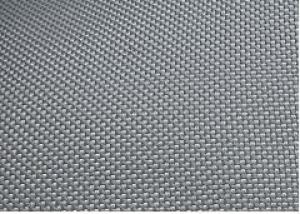All Categories
- - Steel Wire Rod
- - Steel Coils
- - Steel Profiles
- - Steel Pipes
- - Stainless Steel
- - Tinplate
- - Special Steel
- - Steel Sheets
- - Steel Rebars
- - Steel Strips
- - Hot Rolled Steel
- - Cold Rolled Steel
- - Pre-painted Steel
- - Seamless Steel Pipe
- - Welded Steel Pipe
- - Hollow Steel Tubes
- - Galvanized Pipe
- - Stainless Steel Coil
- - Stainless Steel Sheet
- - Stainless Steel Plate
- - Stainless Steel Strips
- - Electrolytic Tinplate Coil
- - Electrolytic Tinplate Sheet
- - Stainless Steel Rebars
- - Solar Panels
- - Solar Water Heater
- - Solar Related Products
- - Solar Inverter
- - Solar Cells
- - Solar Light
- - Solar Energy Systems
- - Solar Controllers
- - Solar Mounting System
- - Solar Pump
- - Solar Chargers
- - Fiberglass Chopped Strand
- - Fiberglass Mesh Cloth
- - Composite Pipes
- - FRP Pultrusion Profiles
- - Fiberglass Mat Tissue
- - Fiberglass Fabrics
- - Fiberglass Mesh
- - Composite Tank
- - Fiberglass Mesh tape
- - Polymer
- - FRP Roofing Panel
- - Fiberglass Roving
- - Monolithic Refractories
- - Ceramic Fiber Products
- - Refractory Bricks
- - Raw Materials For Refractory
- - Suspended Platform
- - Cranes
- - Concrete Machinery
- - Earthmoving Machinery
- - Building Hoist
- - Road Building Machinery
- - Plastic Pipe Fittings
- - Plastic Tubes
- - Plastic Sheets
- - Agricultural Plastic Products
- - Plastic Nets
 All Categories
All Categories
Q & A
What are the considerations for creating fiberglass fabric-reinforced composite parts with impact resistance?
When creating fiberglass fabric-reinforced composite parts with impact resistance, there are several considerations to take into account. Firstly, the choice of fiberglass fabric and resin system is crucial, as it directly affects the strength and impact resistance of the final product. The fabric should have a high tensile strength and be properly aligned to distribute the impact load effectively. Additionally, the resin system should have good adhesion properties to ensure proper bonding between the fabric layers and provide impact resistance.
The design and layup of the composite part also play a crucial role in its impact resistance. The number and orientation of fabric layers should be optimized to provide the required strength and impact resistance. The use of additional reinforcement, such as core materials or sandwich structures, can further enhance impact resistance.
Furthermore, the manufacturing process should be carefully controlled to ensure proper curing and consolidation of the composite. The curing temperature, time, and pressure should be optimized to achieve a fully cured and consolidated part with maximum impact resistance.
Lastly, testing and quality control play a vital role in ensuring the desired impact resistance. Various testing methods, such as drop weight impact tests or Charpy impact tests, can be employed to evaluate the impact resistance of the finished parts. Regular quality control checks should be implemented to detect any defects or inconsistencies that may compromise the impact resistance of the composite parts.
Can fiberglass fabric be used for insulation in industrial furnaces?
Yes, fiberglass fabric can be used for insulation in industrial furnaces.
How does fiberglass fabric perform in terms of puncture strength?
Fiberglass fabric is known for its excellent puncture strength. Its tightly woven structure and high tensile strength make it highly resistant to punctures, making it an ideal material for applications where puncture resistance is important, such as in protective clothing, aerospace components, and automotive parts.
How is fiberglass fabric made?
Fiberglass fabric is made through a process called weaving, where thin strands of glass fibers are interlaced together to create a strong and flexible fabric. These glass fibers are first melted and drawn into fine filaments. They are then coated with a sizing agent to enhance their strength and flexibility. The filaments are grouped together to form yarns, which are then woven together using various weaving techniques to create the final fiberglass fabric.
Wholesale Fiberglass Fabrics from supplier in Brunei
Whether you require Fiberglass Fabrics for insulation, reinforcement, or any other application, we have a wide selection of high-quality products to meet your specific requirements. Our team of experts is dedicated to offering excellent customer service and assisting you throughout the procurement process.
When you choose us as your Fiberglass Fabrics supplier, you can expect competitive prices, prompt delivery, and reliable technical support. Our experienced sales representatives will work closely with you to understand your project needs and provide tailored solutions. We can also assist with product selection, offering recommendations based on your specific application and budget.
As a subsidiary of CNBM, a Fortune Global 500 company, we have access to a vast network of resources and industry-leading expertise. This allows us to stay up to date with the latest market trends and technological advancements, ensuring that we can provide you with the most innovative Fiberglass Fabrics solutions in Brunei.
Contact us today to discuss your Fiberglass Fabrics requirements in Brunei. We are committed to delivering exceptional products and services that exceed your expectations.
When you choose us as your Fiberglass Fabrics supplier, you can expect competitive prices, prompt delivery, and reliable technical support. Our experienced sales representatives will work closely with you to understand your project needs and provide tailored solutions. We can also assist with product selection, offering recommendations based on your specific application and budget.
As a subsidiary of CNBM, a Fortune Global 500 company, we have access to a vast network of resources and industry-leading expertise. This allows us to stay up to date with the latest market trends and technological advancements, ensuring that we can provide you with the most innovative Fiberglass Fabrics solutions in Brunei.
Contact us today to discuss your Fiberglass Fabrics requirements in Brunei. We are committed to delivering exceptional products and services that exceed your expectations.
Hot Search
- Fiberglass Chopped Strand in Kyrgyzstan
- Fiberglass Mesh Cloth in Palau
- Composite Pipes in Turkey
- FRP Pultrusion Profiles in Netherlands
- Fiberglass Mat Tissue in Algeria
- Fiberglass Fabrics in Kiribati
- Fiberglass Mesh in Ghana
- Composite Tank in Kenya
- Fiberglass Mesh tape in Bolivia
- Polymer in South Africa
